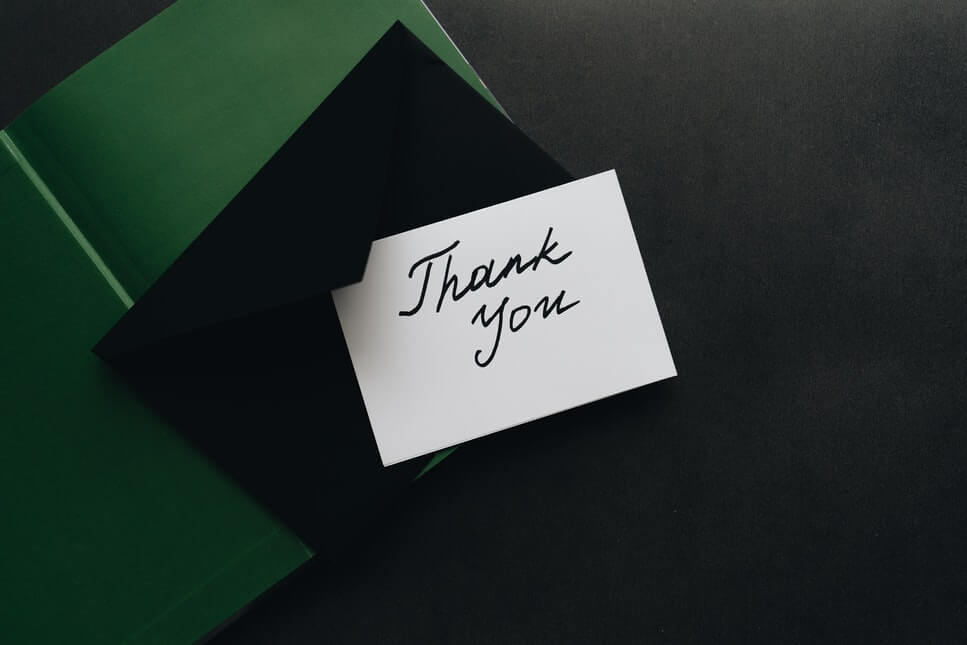Tips for weight loss after 40
Control portion size
The average woman eats approximately 2,000 calories a day. In order to lose weight, caloric intake should be cut about 400 to 500 calories. Although the thought of cutting back on calories sounds daunting, you don’t necessarily need to eat less, just smarter. Eating foods like fruits and vegetables help fill your stomach with low-calorie nutrients when you are struggling with hunger. They are a much better alternative to sugary snacks our bodies have learned to crave when we’re hungry.
Don’t drink your calories
It’s easy to forget about beverages when evaluating calories, but don’t forget drinks can deliver just as many calories as food. Soda and sweet coffee drinks are loaded with refined sugars and syrups. Try drinking flavored seltzers or unsweetened teas. The same with alcohol. Keep a record of how often and how much you’re drinking, and figure out how to minimize consumption. Maybe drink only on the weekends or limit yourself to one glass of wine. Many of these foods and drinks contribute to incontinence as well.
Be selective
We’ve all heard that carbs are detrimental to a healthy lifestyle. Refined carbs (e.g., white rice, soft bread, and sugar) are tough for your body to digest and increase your blood glucose levels. Try increasing the amount of lean protein (e.g., plain Greek yogurt, legumes, and skinless white-meat poultry), which not only is easier for you to digest but will help build muscle.
Choose your “cheat” foods well, maybe waiting for the weekend to indulge mindfully. Rather than watch a movie with a whole bag of chips on your lap, pour some into a bowl for portion control. When having pizza, eat a salad first to satisfy those immediate hunger pangs.
Another available resource is to research natural supplements that can facilitate weight loss. For example, turmeric is known for its antioxidant and anti-inflammatory properties that can help increase your metabolism. Learn more about turmeric’s benefits, and be sure to check with your physician or nutritionist about this and other helpful supplements.
Be consistent
Consistent healthy food choices and exercise make a difference. Don’t skip breakfast and save all of your calories for lunch and dinner. That’s a recipe for a slower metabolism and impulsive snacking. Instead, have 5 or 6 small meals throughout the day. You’ll kick off your metabolism early in the morning as well as stave off hunger by eating more often.
Around the age of 40, women experience a dip in testosterone production. Because of this, dieting is not enough to lose weight. Moderate exercise for 30 minutes five times a week will boost metabolism and increase muscle mass. But it’s important to focus on building muscle to maximize fat burn.
Try strength training instead of cardio
Women’s bodies start naturally losing muscle around the age of 40. But after menopause, they lose muscle twice as fast, causing metabolism to slow down. This means those cardio workouts that used to be effective probably won’t help you lose weight, which is why so many women experience menopause and weight gain simultaneously.
Lifting weights can maintain or increase your muscle mass. Choosing a weight that’s comfortably challenging and gradually increasing is key is to reverse the effects of losing muscle. As a bonus, building muscle helps you lose weight because the muscle you build from strength training burns about 50% more calories than muscles from cardio.
Health risks of weight gain over 40
Not only can menopause and weight gain go hand in hand, but health issues can begin to manifest in women over 40. Here are some things to look out for as we age and have more potential for weight gain.
- Diabetes. Diabetes occurs when there is too much sugar in your blood. A blood test by your physician will reveal any high levels of glucose, and symptoms might include hunger, fatigue, and thirst, as well as blurry vision. Diabetes increases your risk of heart disease, stroke, kidney disease, and high blood pressure.
- Cardiac health. There are three things you can do immediately to improve heart health: stop smoking, exercise regularly, and eat less sugar and more vegetables. In addition, don’t skip annual physical exams, which include tests for cholesterol levels and heart function.
- Incontinence. When seeking help with bladder leakage, you may hear your doctor recommend weight loss. With the pressure of extra weight, your pelvic floor has to work harder to support your bladder, which often leads to incontinence. Obesity is a strong risk factor for incontinence. In fact, epidemiological studies have shown that each 5-unit increase in body mass index (BMI) is associated with a 20–70% increase risk for incontinence.
- Decreased sex drive. Women can experience a lack of interest in sex for many reasons, including a decrease in hormone levels during menopause. There are medications available, as well as other suggestions, such as exercise and counseling.
- Increase in menopause symptoms. Research has found that some menopause symptoms can increase with weight gain, including hot flashes, bladder problems (see incontinence above), and muscle and joint pain.
- Increased risk of cancer. Among women, obesity is connected to about 11% of cancers, including breast, endometrial, and colon cancers.
Many of the issues stemming from menopause and weight gain are difficult to control on your own and should be discussed with your physician. In addition to consulting your doctor, you can tackle stress urinary incontinence at home. If you leak when you sneeze, laugh, or exercise, check out what you can do to decrease or even eliminate leakage with a Kegel exercise device.
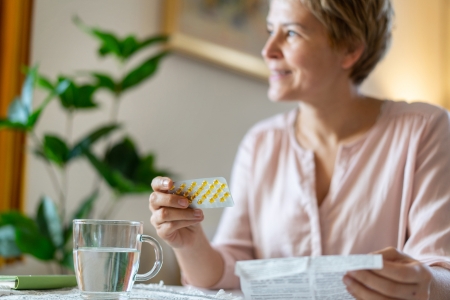
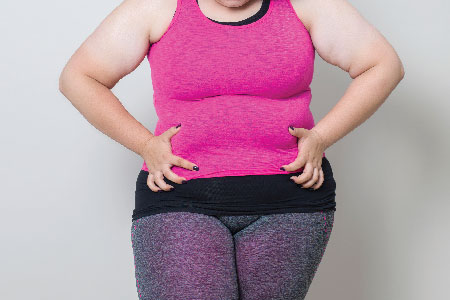



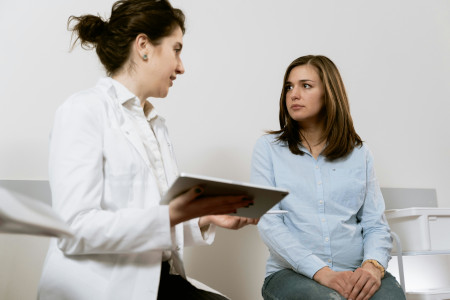


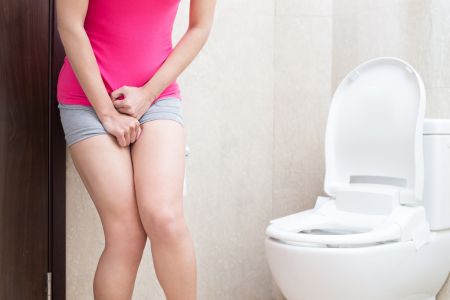
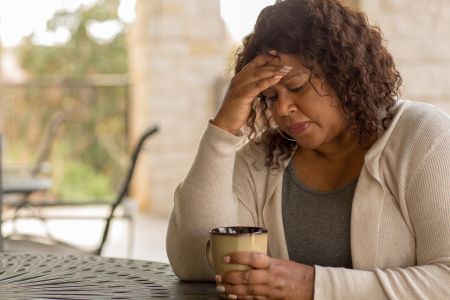


;?>/smartquizbuilder/includes/images/sqb-registration-img.jpg)
